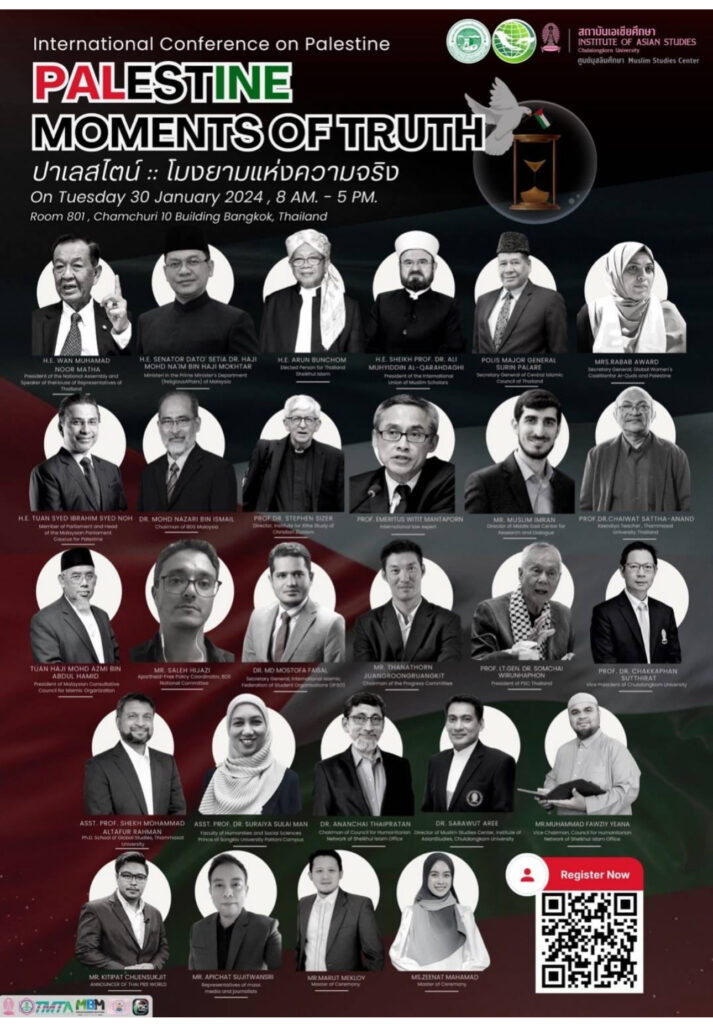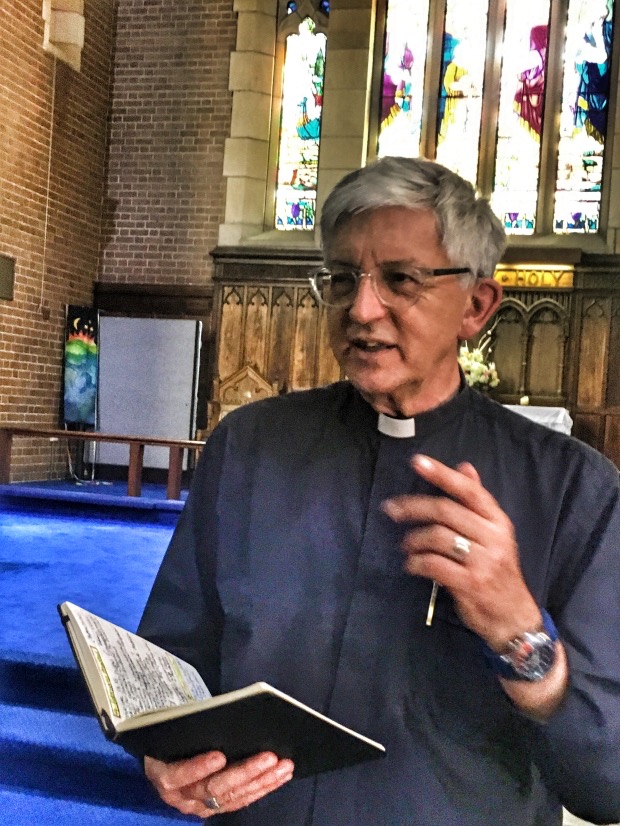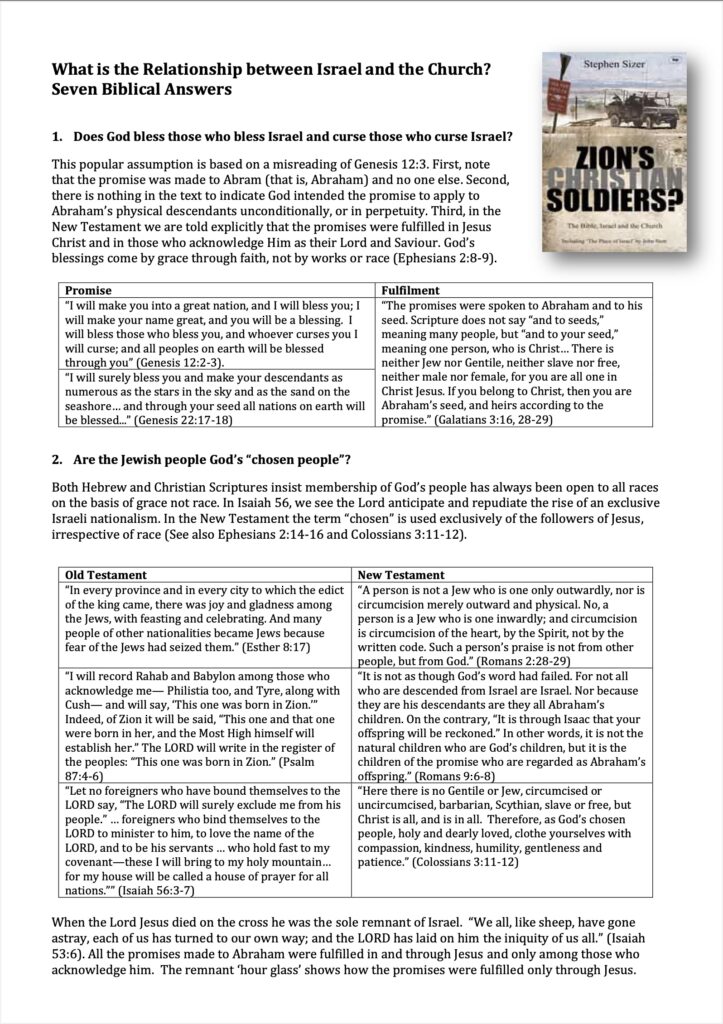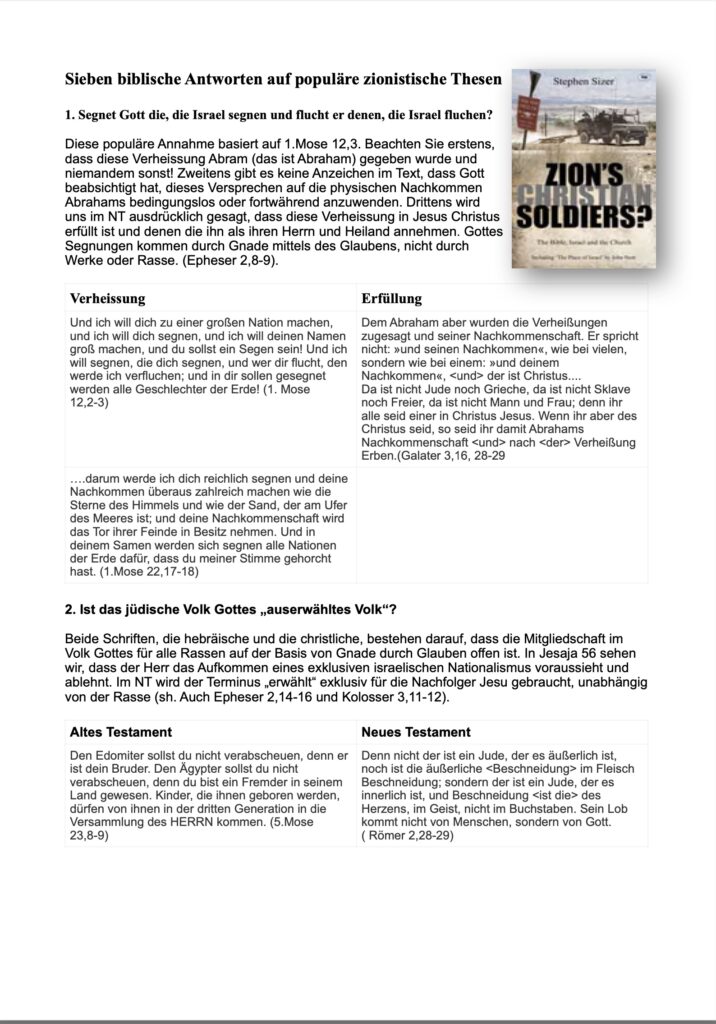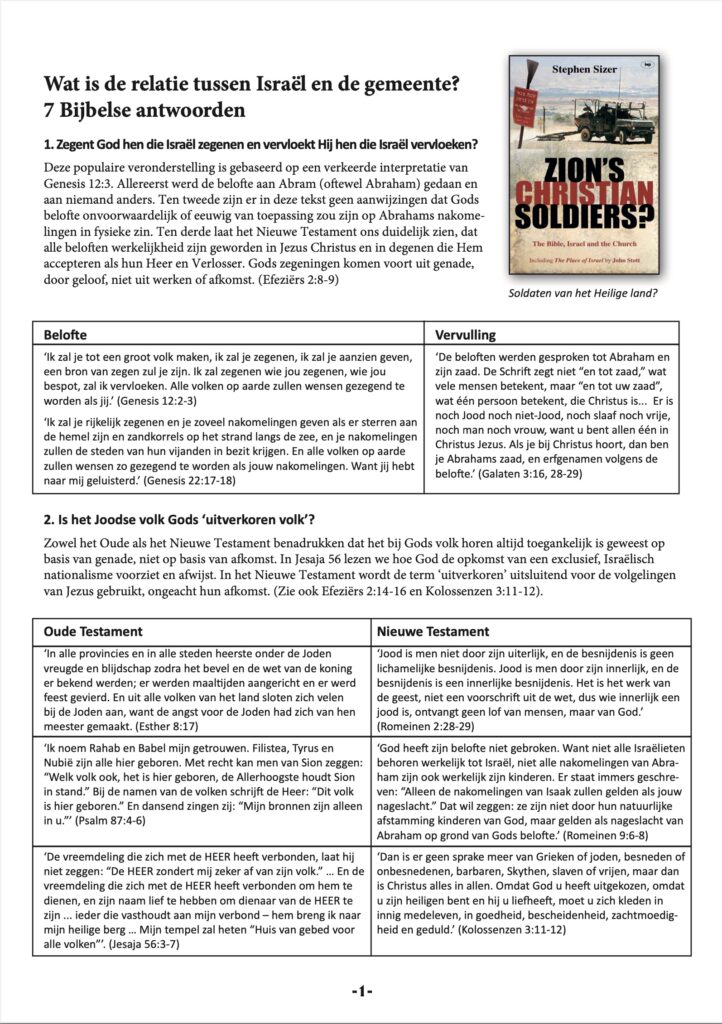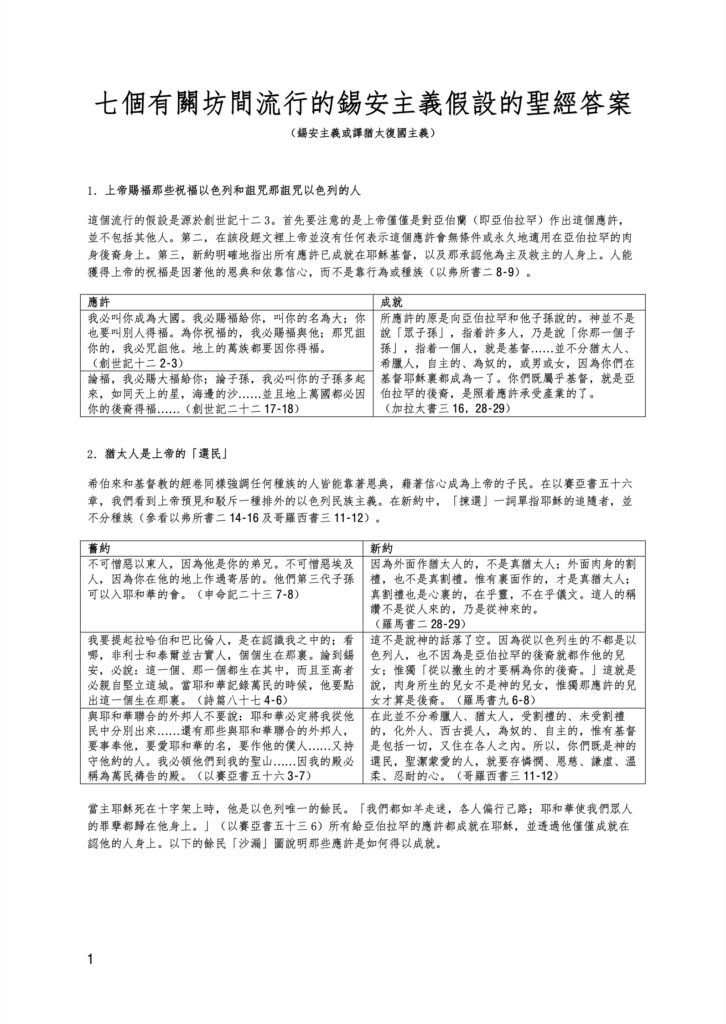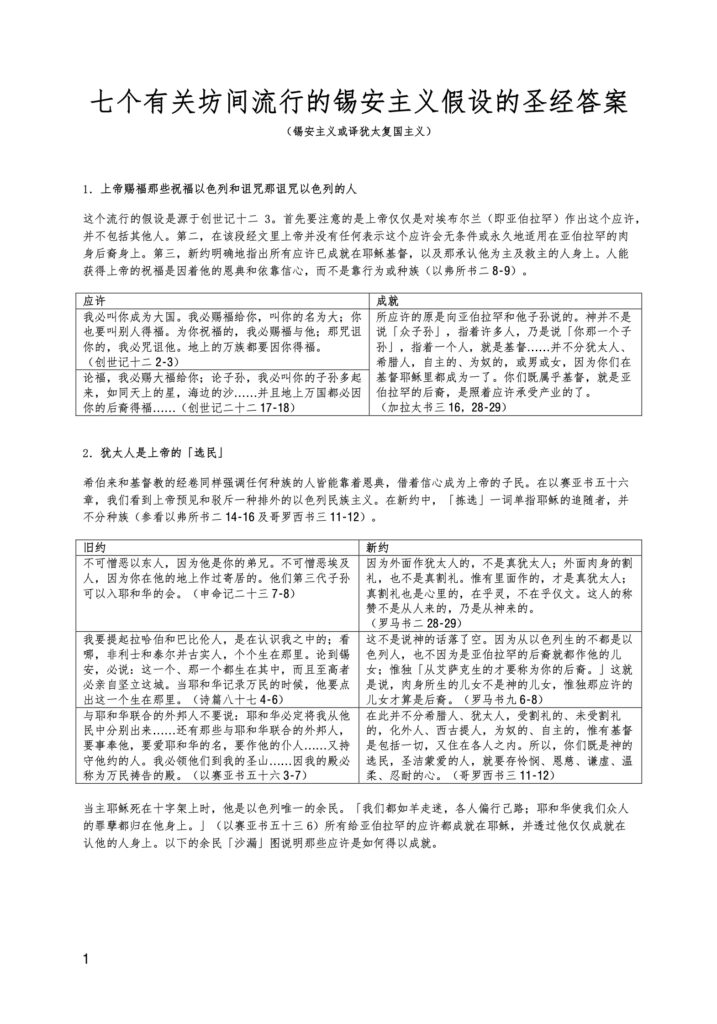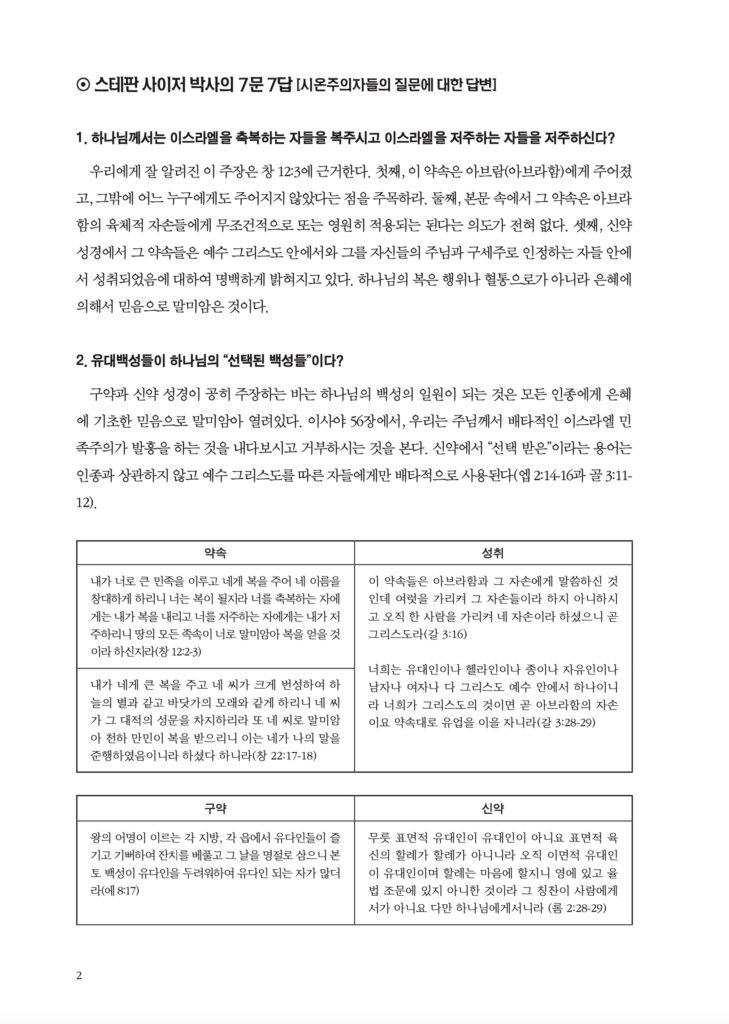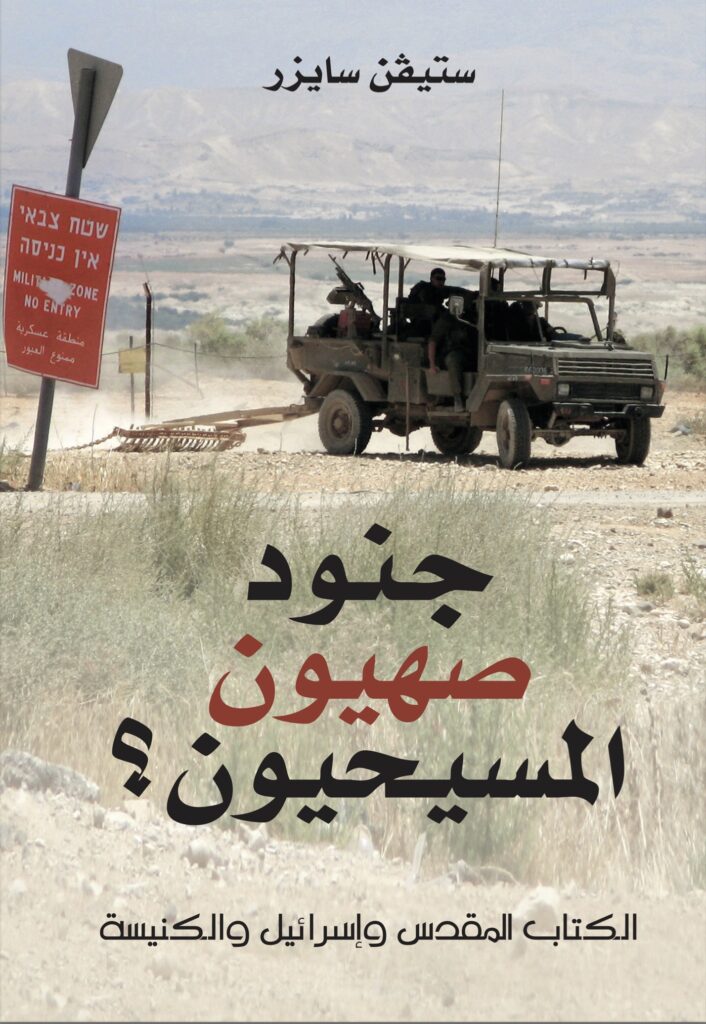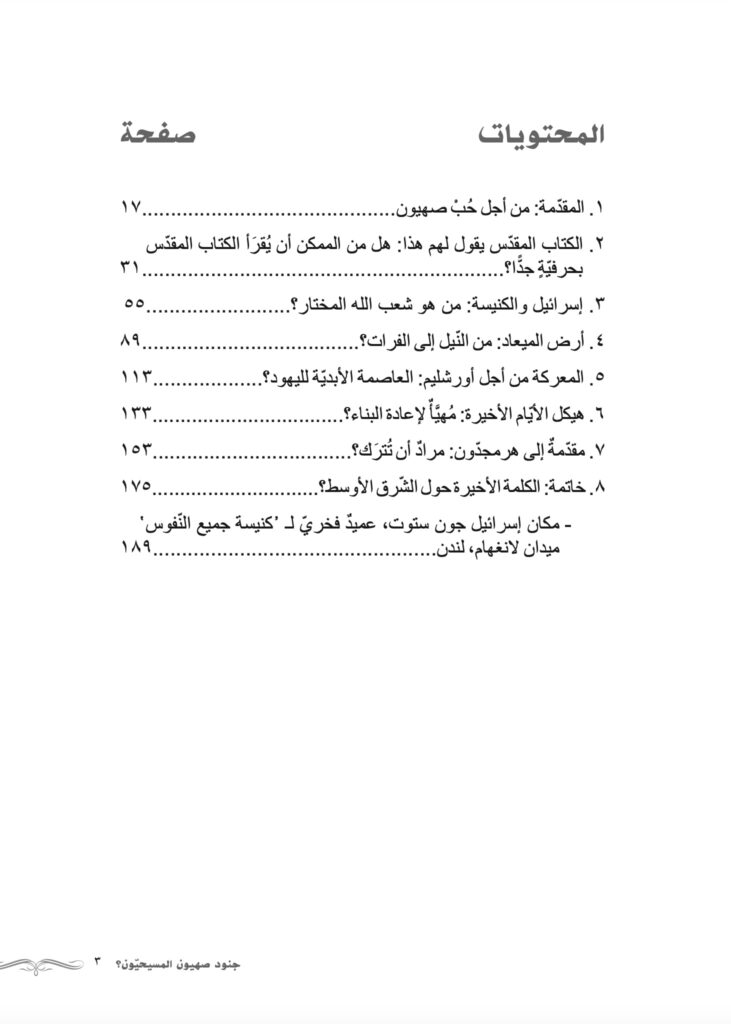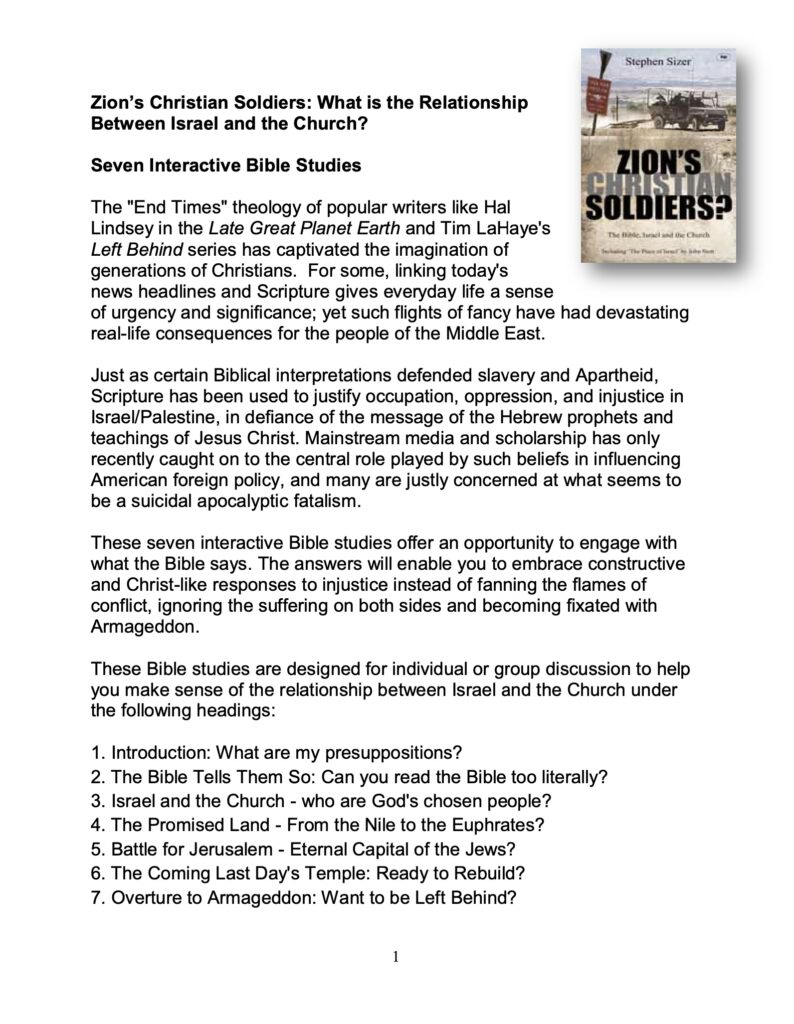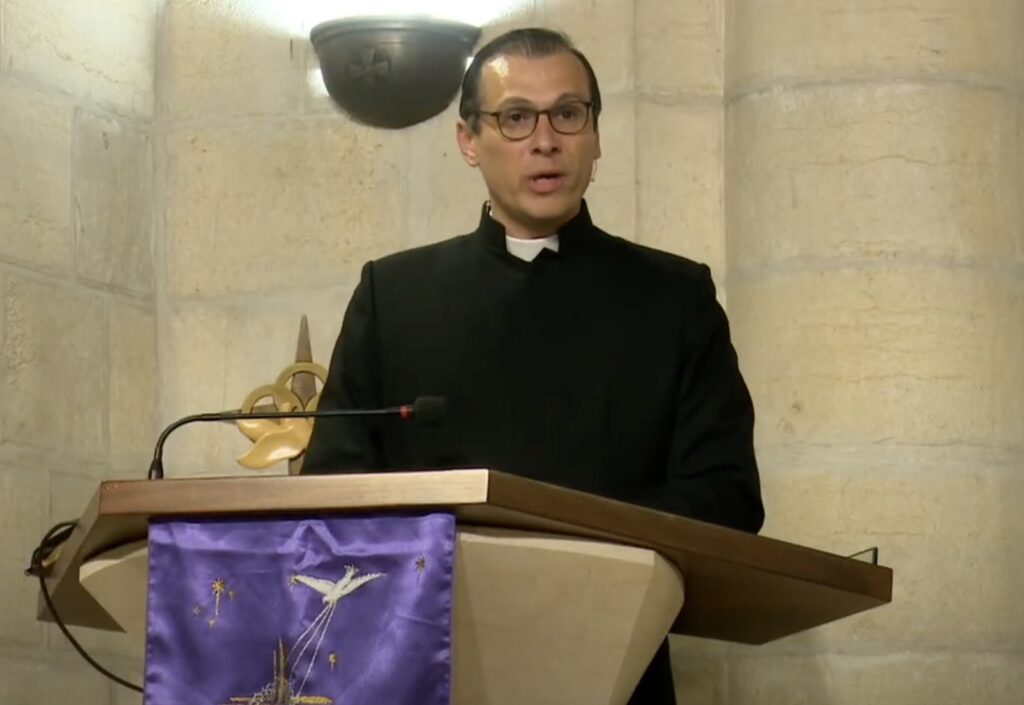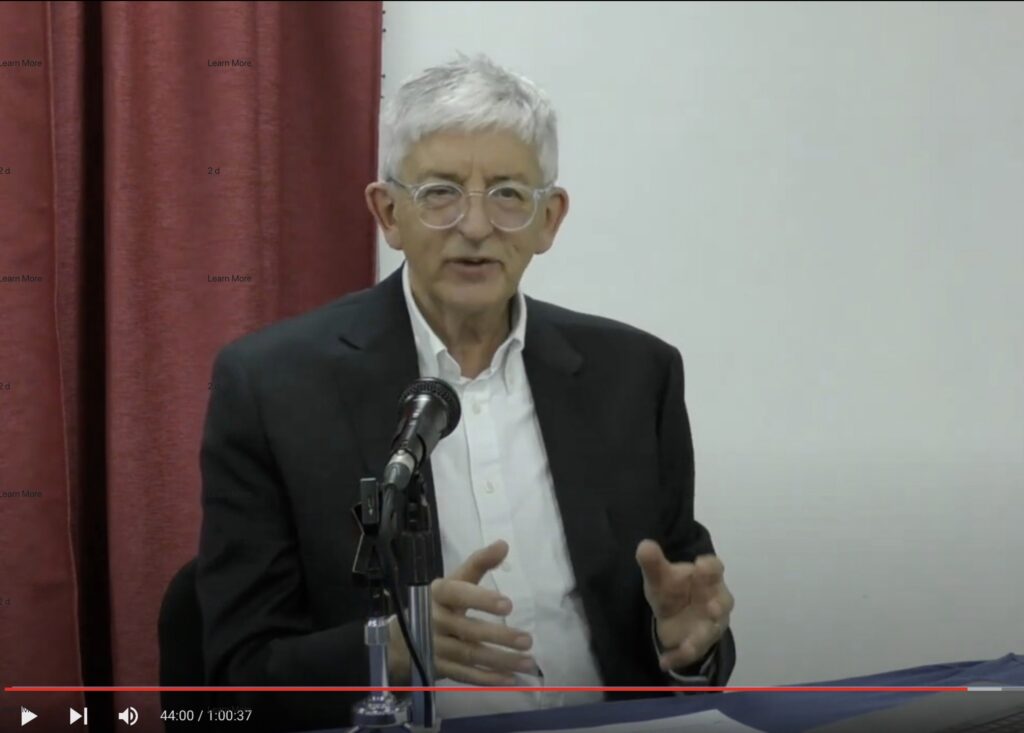
I got a surprise call from the BBC recently. “Did I have a spirit of adventure? Could I think on my feet and cope without home comforts? Did I like a challenge? Was I willing to appear on their programme ‘Bare Necessities’? Two teams compete against each other to see who can survive in a remote location somewhere in the world for a week with only the bare essentials provided. Was I willing to join a team of three vicars competing against three bookmakers? Naturally. With God on our side it would be no contest. Could I participate at short notice? Did I have a passport? Could I go anywhere in the world? For an audience of 2 million, when do we start? Did I have any phobias? Real men don’t have phobias – at least we don’t admit them to strangers. Would I be prepared to eat anything? Yes with my eyes closed. Could I work in a team made up of strangers? Try me. The last question – Did I have one wish? ‘To see heaven on earth’ I heard myself say. The interview lasted half an hour. It felt a cert. I was in. They loved me. The delightful programme co-ordinator assured me she would come back to me in a few days. I put the phone down and began to prepare myself.
Continue reading
